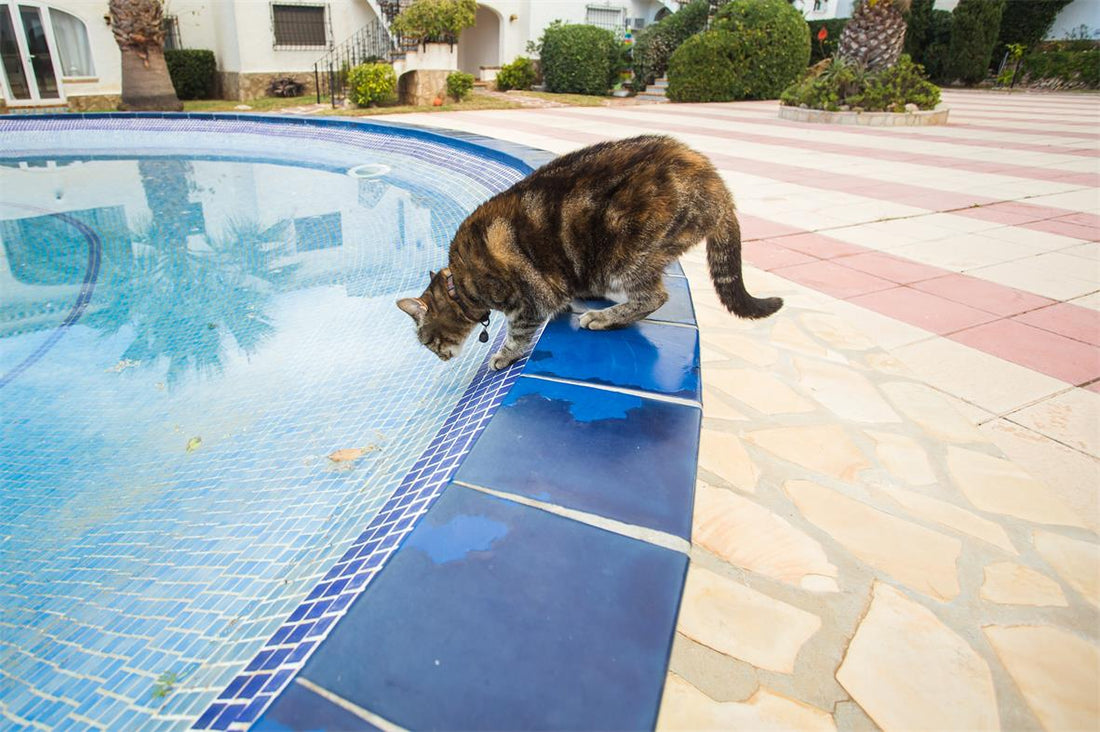Understanding Cats' Hydration Needs
Water plays a vital role in maintaining a cat's overall health. It supports essential bodily functions, aids digestion, and helps regulate body temperature. Just like humans, cats require an adequate intake of water to thrive. However, unlike dogs, cats have a naturally low thirst drive, making it challenging to monitor their hydration levels.
How Long Can Cats Go Without Water?

Read more: how long can cats go without food and water?
Signs of Dehydration in Cats
-
Lack of Elasticity in the Skin: Gently pinch a fold of skin on the back of your cat's neck and release it. If the skin takes longer to return to its normal position, it may indicate dehydration.
-
Dry or Sticky Gums: Check your cat's gums. If they feel dry or sticky to the touch, it could be a sign of dehydration.
-
Loss of Appetite: Dehydrated cats may show a decreased interest in food or exhibit a reduced appetite.
-
Lethargy: Dehydration can cause cats to become lethargic or unusually tired.
-
Sunken Eyes: When a cat is dehydrated, their eyes may appear sunken or lack their usual brightness.

Promoting Hydration in Cats
-
Provide Fresh Water: Ensure that your cat has access to clean, fresh water at all times. Regularly change the water in their bowl to maintain its freshness.
-
Consider a Water Fountain: Cats are often attracted to running water. Investing in a cat water fountain can simulate the flow of a stream and entice your cat to drink more.
-
Multiple Water Stations: Place water bowls in various locations throughout your home, especially in areas where your cat spends most of their time. This provides convenience and encourages drinking.
-
Incorporate Wet Food: Include wet food in your cat's diet. Wet food has a higher water content and can contribute to their overall hydration.
-
Add Water to Dry Food: If your cat primarily consumes dry food, consider adding a small amount of water to it. This can help increase their water intake.
How Much Water Should A Cat Drink? (read more>)
The amount of water a cat should drink can vary depending on several factors, including their diet, activity level, health status, and environmental conditions. On average, cats generally need to consume about 3.5 to 4.5 ounces (100-130 milliliters) of water per 5 pounds (2.3 kilograms) of body weight per day. This estimate can help you determine a baseline, but individual cats may have different requirements.
It's important to note that cats obtain moisture from their food as well. If your cat eats wet or canned food, they will receive a portion of their daily water intake from their diet. Dry food, on the other hand, contains less moisture, so cats eating predominantly dry food may require more water consumption.
To ensure your cat stays adequately hydrated, it's essential to provide fresh and clean water at all times. Some cats prefer running water, so you may consider using a cat water fountain to encourage drinking. If you notice any significant changes in your cat's water intake or behavior, it's advisable to consult with a veterinarian to rule out any underlying health issues.
Read more: How to Help Your Cat Drink More Water?












